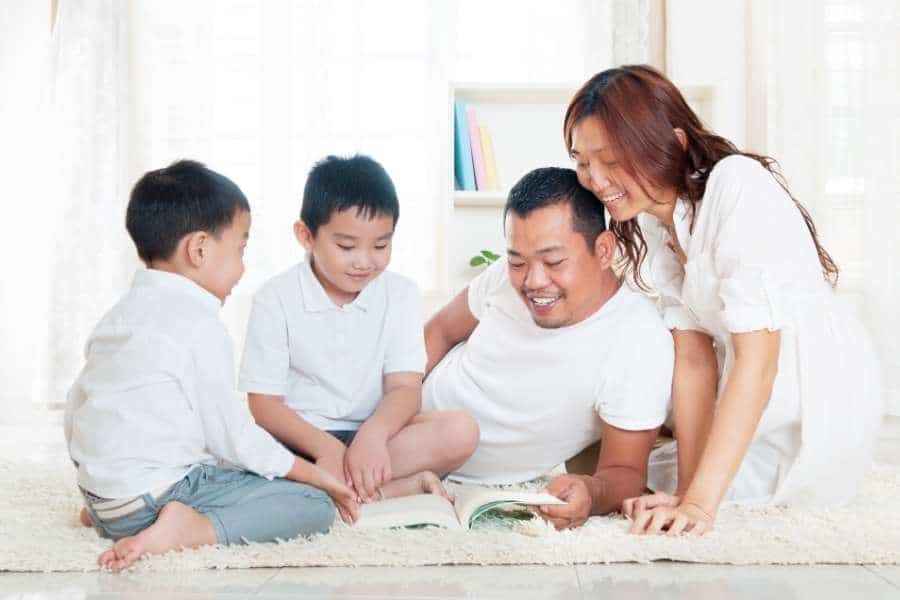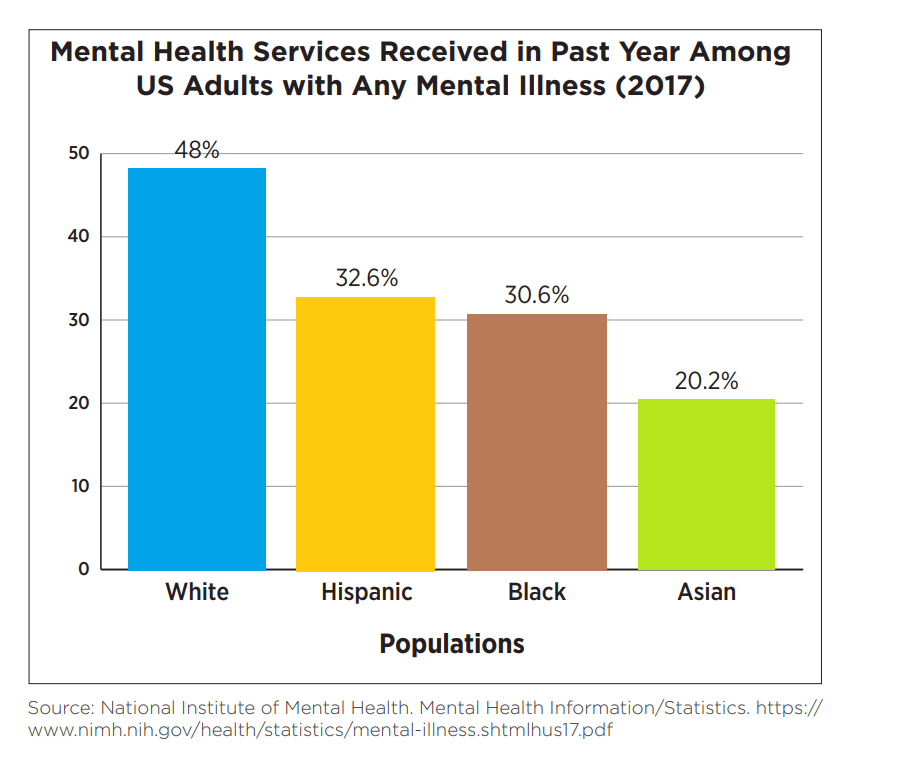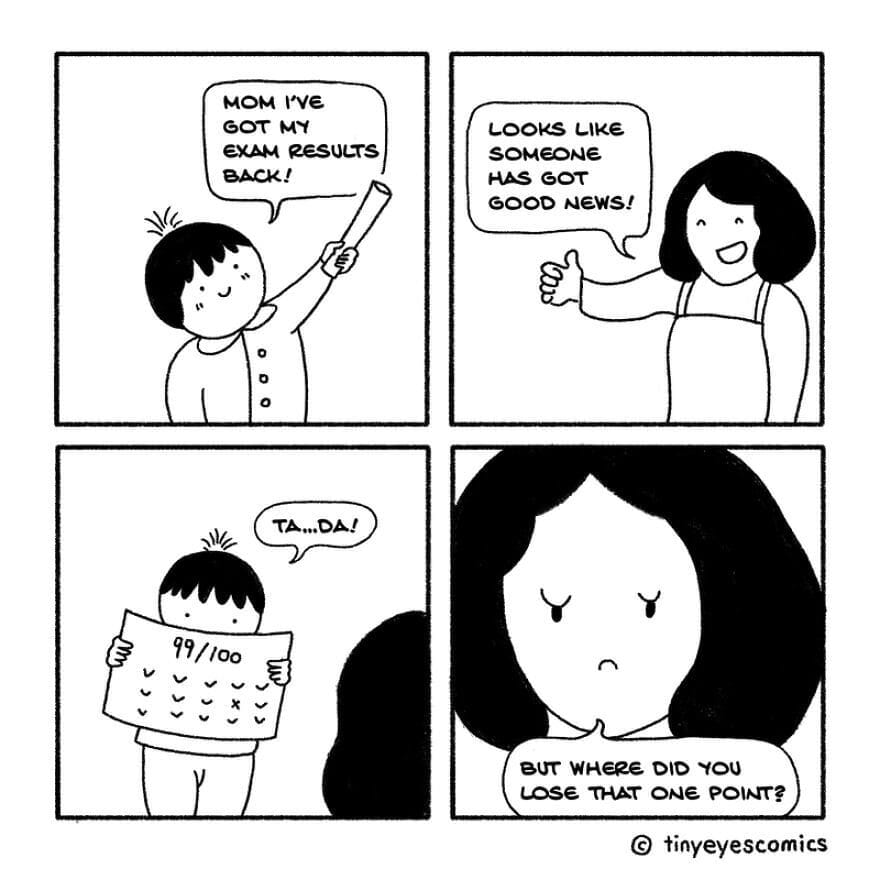
Asian Emotional Wellness
Asians are the invisible minority due to this population’s perceived success 💸🚗 👩⚕️ and higher medium household incomes. How do ALL Asians effortlessly become all of the above? 😵 …. they don’t.😜
Asians Are Less Likely To Seek Or Receive Behavioral Healthcare
Hard work and resilience are valued throughout the Asian community. The common societal belief is that failures are excuses for laziness and low effort since the older generations overcame such hardships.

😢 📉
Asians are 60% less likely to receive mental health treatment compared to non-Hispanic whites in 2018

Asians are 30% more likely to consider suicide.
Asians faced
7x
increase in anxiety and depression from racial pressure
Did I suffer enough to “complain?”

Asian Community’s Mental Health
Many Asian parents made extremely difficult lifestyle changes to provide a better future for their families. Those from newer generations often feel their emotional distress or learning difficulties pale compared to the stories they’ve heard from family members. Because of this, youth struggling with emotional distress or learning challenges might fear seeming ungrateful to elders by complaining of their own “lesser” struggles. Guilt often discourages them from speaking up.
“Why is it always me? My parents blame me for everything. Every inconvenience is my fault. It always comes back to me. Things completely unrelated to me are somehow shaped into my wrong doing. They make me feel like such a burden sometimes.”
Rebellion Against The Model Minority Myth
In a TED talk featuring Olivia Lai’s “Asian Doesn’t Start with A+” at TEDxPhillipsAcademyAndover, she shared that she had been conditioned to accept herself as nothing less than perfection. Like her other Asian-American friends, it was a shared experience among them to crumble under school and work pressures.

It’s All About “Face”
These beliefs often lead many Asian parents to ignore their children’s symptoms and disregard their emotional distress. Instead, many tend to focus on high performance and achievement.
The infusion of Confuciusim might have inadvertently caused Asian parents to be stingy with their praise as it is considered “boasting” almost to the point of indecency by the older generation.
Many Asian students who seem to have it all get gifted-kid burnout. Gifted-kid burnout syndrome is a recently coined medical term and is the result of chronic exhaustion.
Lack of Awareness of Issues Affecting Emotional Wellness
In Southeast Asia, most of the population is uninformed about issues affecting one’s emotional wellness–as this is considered a taboo topic. Also, parents feel fear of judgment as there is always uncalled competition with kids from other families because of communal and societal connections. Until the ’80s, these beliefs also suggested that those with mental illnesses or learning differences were of the lowest social status. While this theory has, for the most part, faded with time, it persists for some with more traditional beliefs. It can feel shameful to admit to such obstacles.

Crushed Under the Weight of the Model Minority Myth
A common belief among the general public is that Asian Americans are all incredibly intelligent, hardworking, and law-abiding people. It’s part of what is known as the “Model Minority Myth”. Unfortunately, the model minority myth, originally made to help Asians, ends up hurting them instead, with many fearful of not living up to the stereotype and letting down their family. This leads to increased anxiety, depression, burnout, and overall health issues.


